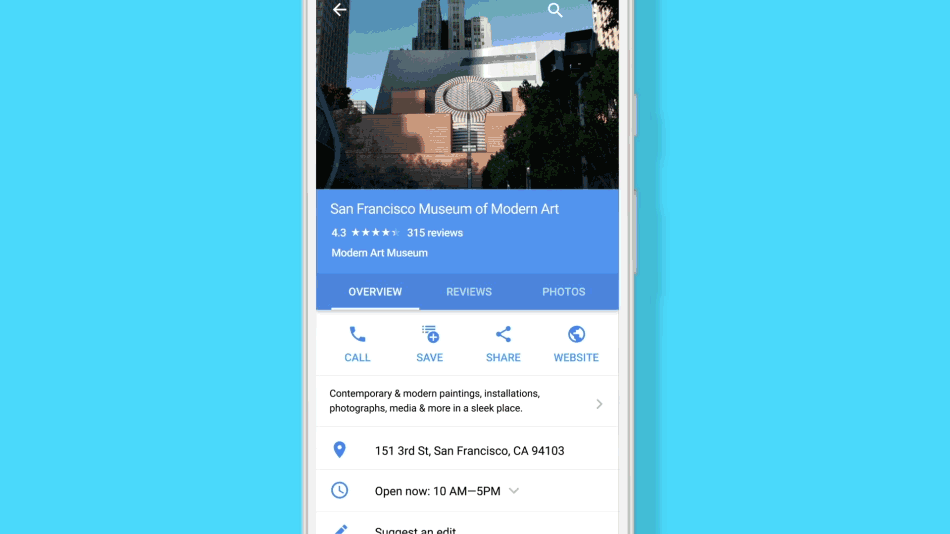Google Maps adds Q&A so you can get answers without calling ahead
New feature is also rolling out to mobile search

Google is taking some of the guesswork – and, worse yet, cold-calling – out of going somewhere new by rolling out questions and answers on Google Maps for Android and in mobile search.
Now, when you have a question about a place, like a restaurant, museum or shop, you can leave your query for either the location or another user to answer. You can also see other people's questions and the responses to them, plus leave your own answers if you've got the info.
To see the new Q&A section in Maps and in mobile search, go into the local business listing after you've pulled the place up.
Scroll to 'Questions & answers' to see questions, and leave your own. You can also upvote especially helpful information, and Q&As with the most upvotes will be shown at the top so more people can see them.
Businesses and 'in-the-know users' will get an alert when a question is left on a listing, allowing them to respond in a (hopefully) timely manner. When you're question is answered, you'll get a ping, too.
Finally, businesses can include frequently asked questions and answers in the Q&A section, a wise move to address FAQs without going one-by-one.
This new feature is headed to Google Maps on Android and Google search globally, so if you're in a brand-new city and want to know if that restaurant you've heard so much about takes reservations, you'll soon have your answer without actually having to talk to anyone.
Get daily insight, inspiration and deals in your inbox
Sign up for breaking news, reviews, opinion, top tech deals, and more.
- Here's what we've heard so far about the Google Pixel 2
Michelle was previously a news editor at TechRadar, leading consumer tech news and reviews. Michelle is now a Content Strategist at Facebook. A versatile, highly effective content writer and skilled editor with a keen eye for detail, Michelle is a collaborative problem solver and covered everything from smartwatches and microprocessors to VR and self-driving cars.
